National Institute of Aerospace - Spring 2021 Featured Courses

Each semester, NIA makes a range of graduate classes available for students and researchers in the Hampton Roads area. NIA Langley Professors or other distinguished faculty-in-residence will teach the following classes.
Click here to see the 2021 Spring Academic Calendar and full Course Listings.
Updated Nov. 13, 2020
Virginia Tech
ME 5734 – Advanced Engineering Acoustics
3 hours, T/Th 3:30 – 4:45 p.m.
Dr. Chris Fuller, cfuller@vt.edu
The fundamental principles underlying the generation, transmission and reception of acoustic waves and vibrations will be presented. Advanced methods for analytically investigating various acoustical situations will be developed. The application of these methods to typical engineering acoustical problems with physical interpretation of the mechanisms will be studied.
Prerequisite: ME 4724 (Engineering Acoustics) or permission of the instructor.
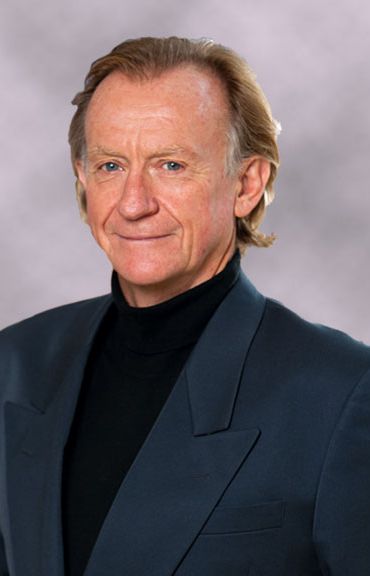

Christopher R. Fuller is a professor of Mechanical Engineering at Virginia Tech and is one of the Samuel Langley Professors at NIA. Professor Fuller is an expert in acoustics, noise and vibration control, active noise control, control of interior noise and vibration in aerospace applications, launch vehicle payload noise, and other related concerns in the automotive and marine industries. He is a Fellow of the Acoustical Society of America and lead author of the book “Active Control of Vibration.”
University of Virginia
ECE 5502/6502 – Photovoltaics
T/Th 3:30-4:45 p.m.
Dr. Mool Gupta, mgupta@virginia.edu
The photovoltaics class is a one-semester course designed to provide a fundamental understanding of the subject of photovoltaics. Topics that will be covered include basic principles of photovoltaics, light absorption, charge generation and transport, p-n junctions, photovoltaic device design, fabrication and applications, light trapping structures, organic solar cells, nanomaterials for solar cells and future prospects of PV technology.
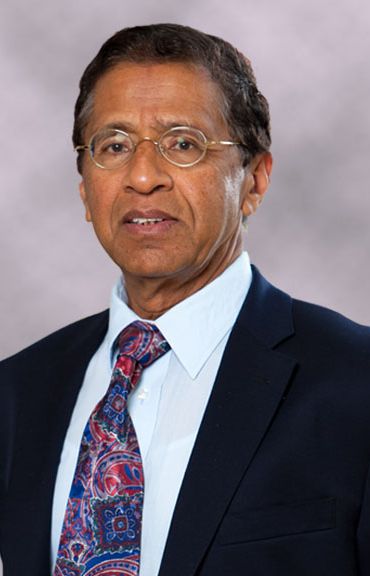
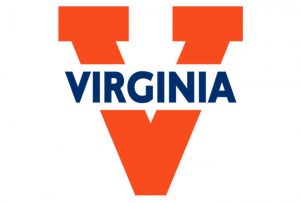
Mool Gupta is currently a Langley Distinguished Professor and Founding Director of the NSF Industry/University Cooperative Research Center for Lasers and Plasmas at the University of Virginia. Prior to joining UVa he was the director of the Applied Research Center at the Jefferson Laboratory.
North Carolina State University
MAE 787 – Structural Health Monitoring
3 hours, MW 8:30 – 9:45 a.m.
Dr. Fuh-Gwo Yuan, yuan@ncsu.edu
The course will provide the students with in-depth knowledge of technologies in structural health monitoring using smart materials as sensing and actuating elements to interrogate the structures. Damage detection techniques such as wave, impedance, and vibration-based damage detection techniques will be discussed and applied to different types of structures. Advanced signal processing techniques such as wavelet, neural network, and principal component analysis will be used to make the damage more quantifiable.
Prerequisite: MAE 541, 513 or equivalent
More information can be found at:
https://www.engineeringonline.ncsu.edu/course/mae-787-structural-health-monitoring/
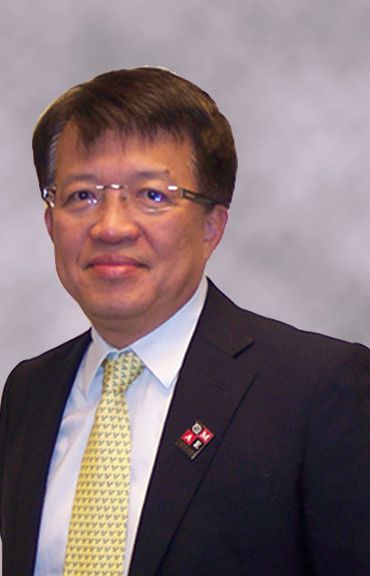

Fuh-Gwo Yuan is a professor of Mechanical and Aerospace Engineering at North Carolina State University and is one of the Samuel Langley Professors at NIA. Professor Yuan is an expert in structural health monitoring, damage tolerance of composite structures, smart materials and structures, and fracture and life prediction of advanced materials and structures.
University of Maryland
ENAE 685 – Computational Fluid Dynamics – II
3 hours, T/R 11:00 a.m.-12:15 p.m.
Dr. James Baeder, baeder@umd.edu
This course is a continuation of ENAE 684 (CFD I). Topics include basic algorithms for the numerical solution of two and three dimensional inviscid and viscous flows, with applications to internal and external flow problems. A team project will included.
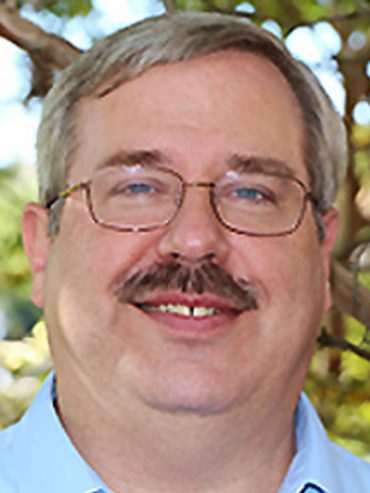

Jim Baeder is currently a Samuel P. Langley Distinguished Professor at NIA. His research interests include computational aerodynamics and aeroacoustics with specific interest in coupling computational fluid dynamics to comprehensive rotor analysis. He is a Fellow of the American Helicopter Society.
Old Dominion University
CHEM 795/MAE 795 – Exoplanets
M/W 9:30-10:45 a.m.
Dr. Peter Bernath, pbernath@odu.edu
This course will survey exoplanet detection methods, formation, properties, atmospheres, spectra and habitability. Topics include: Introduction and overview, Orbits, Radial velocity technique, Astrometry, timing and microlensing, Transits and occultations, Spectroscopy and direct imaging, Transit and emission spectroscopy, Parent stars, brown dwarfs and sub-brown dwarfs, Chemistry and composition of exoplanet atmospheres, Terrestrial planet atmospheres and biosignatures.
Prerequisites: Undergraduate physical chemistry and permission of the instructor. The course is offered fully synchronously, with class attendance required.
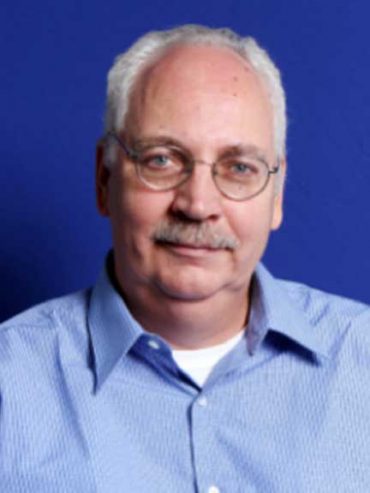
Peter Bernath is a Professor and Eminent Scholar in the Department of Chemistry and Biochemistry at Old Dominion University. His research interests include molecular spectroscopy, atmospheric remote sensing and molecular astronomy. He is editor-in-chief of the Journal of Quantitative Spectroscopy and Radiative Transfer.
MAE 602 – Fluid Dynamics and Aerodynamics
3 hours, T/Th 2:30 – 3:45 p.m.
Dr. Colin P. Britcher, britcher@aero.odu.edu
This course covers conservation laws for viscous and inviscid flows. Boundary conditions; analytical and numerical solution of viscous flow problems; boundary-layer theory; 2 and 3-dimensional potential flows; applications to airfoils, wings, and internal flows; introduction to turbulence.
Prerequisites: MAE 601 or MATH 691 or equivalent.
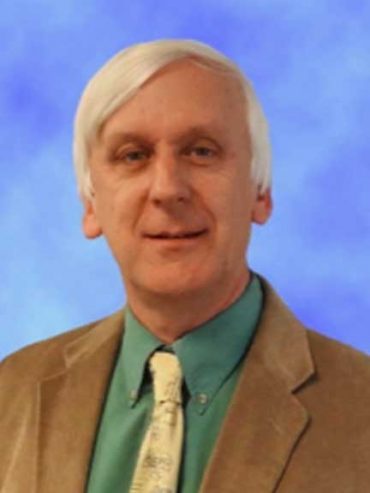
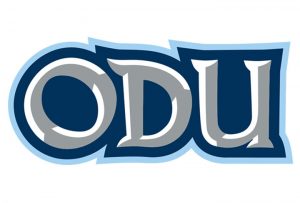
Colin Britcher is a professor of Mechanical and Aerospace Engineering at Old Dominion University and serves as Director of Graduate Programs at NIA. He has many years of experience in experimental aerodynamics, particularly wind tunnel design and test techniques.
